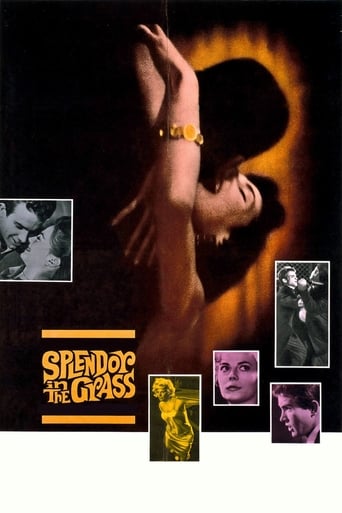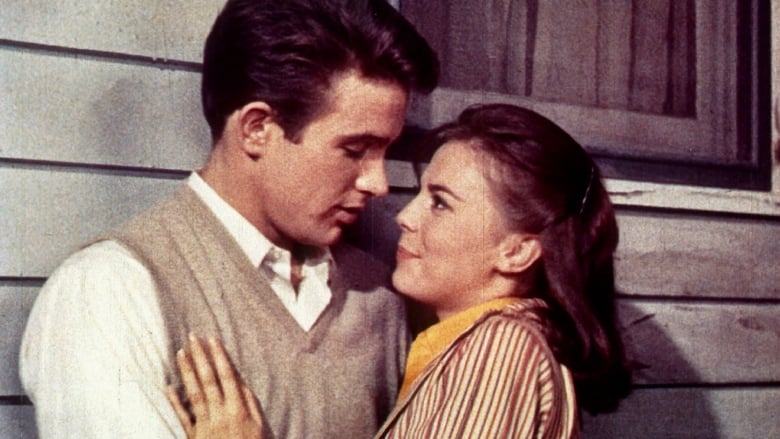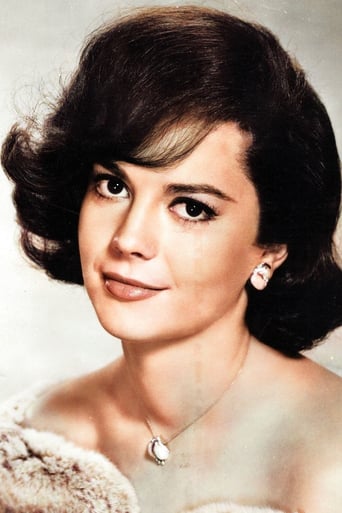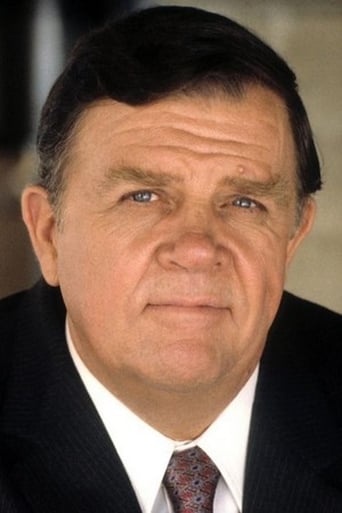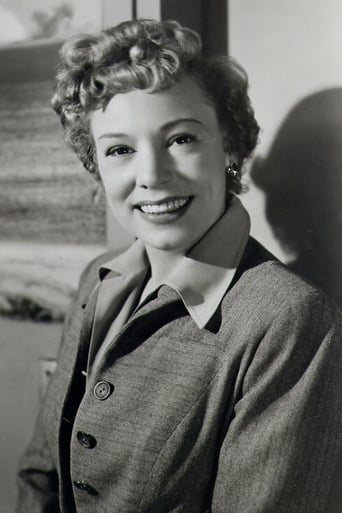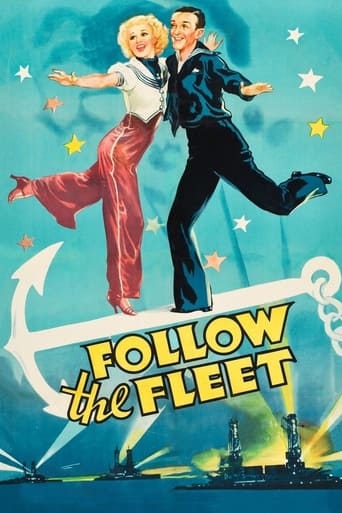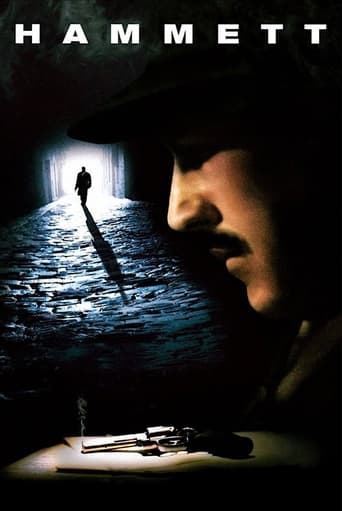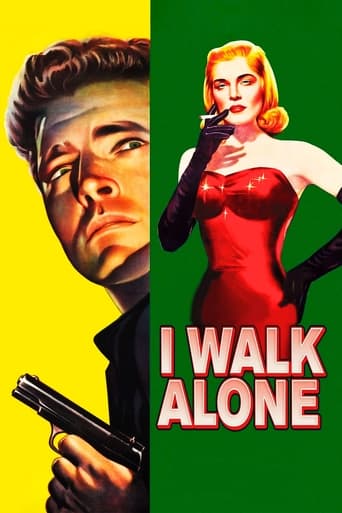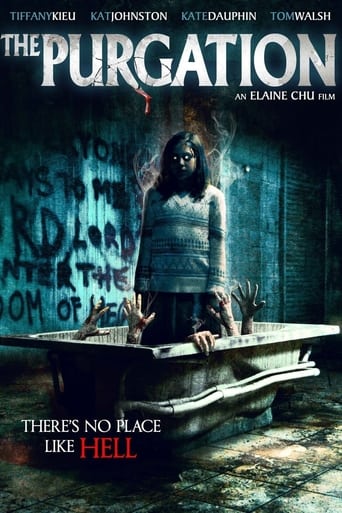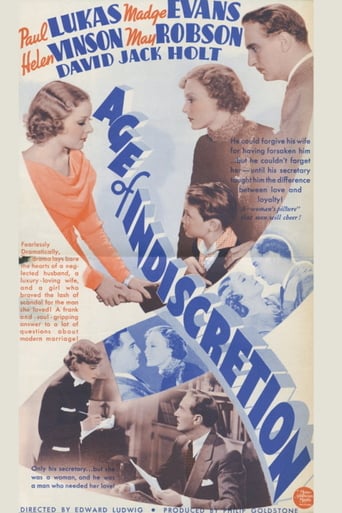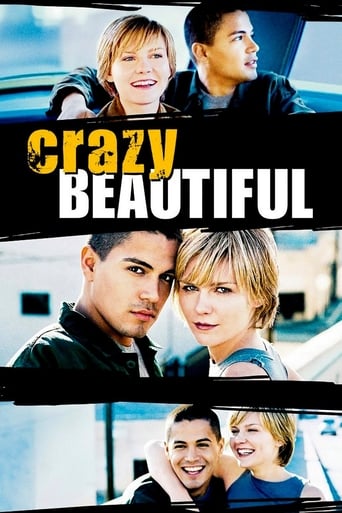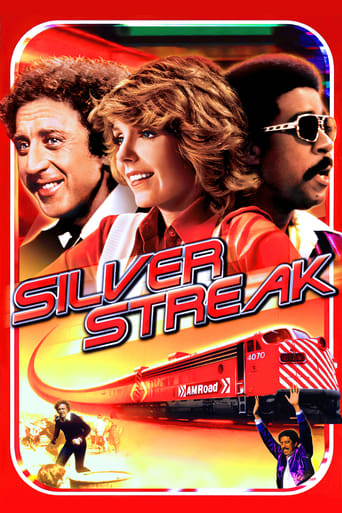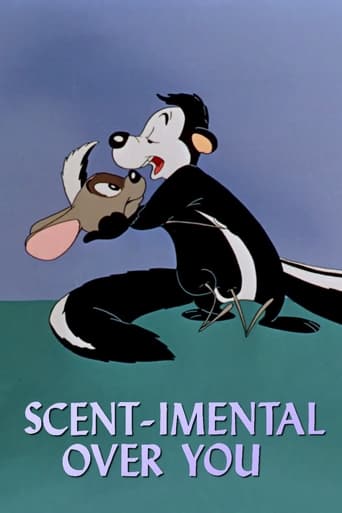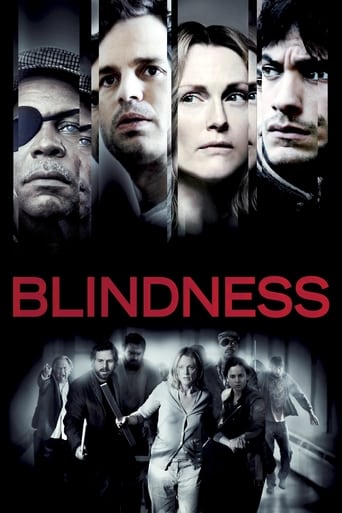Splendor in the Grass (1961)
A fragile Kansas girl's unrequited and forbidden love for a handsome young man from the town's most powerful family drives her to heartbreak and madness.
Watch Trailer
Cast


Similar titles
Reviews
The Age of Commercialism
Slow pace in the most part of the movie.
Boring, over-political, tech fuzed mess
A Masterpiece!
A love story, yeah! But we go on a slow and painful roller coaster ride. Think of Inge's work and this one fits so well. It is a movie about how following the mores of the time contribute to near tragedy. This is Natalie's best performance and not because of the big dramatic moments but of the much more subtle moments. The creators gave her the understanding of how less is more. Boy was it this time. Beatty is an actor I have never found rewarding but in his debut here he is heartbreaking. Audrey Christie as Deennie's mother probably gives the best performance. She has the dangerous role of potentially becoming the villainess, but her love and understanding of the character came from a deep self-exploration. I have seen this movie many times but this was the first time on a bigger screen. I had no idea how much more powerful it is when you can see the entire picture. This is one of those movies where you can tell that the screenwriter, the director and the actors knew exactly their purpose and didn't mess around. There isn't a scene out of place. And that ending will haunt you for much of your life.
Titled after a poem by William Wordsworth, this sizzling drama set during the late 1920s is perhaps best summed up by the female protagonist's interpretation of Wordsworth's words as she states "when we grow up, we have to forget the ideals of youth". The story circles around two romantically involved high school students who eventually come to accept that their shared dream of being happily married will not come to fruition. Tragically, the fault is not with them but rather their parents who fail to take them seriously and excellent as Natalie Wood is in the main role as solid as Warren Beatty is as her beau, Pat Hingle steals every scene he is in as Beatty's overbearing father, more concerned about his son being successful than happy. Almost a decade before writing, directing and starring 'Wanda', Barbara Loden is also just as good here as Beatty's flapper sister whose increasing rebelliousness and promiscuity only makes Hingle more and more convinced that he needs to shelter Beatty from any possible mistakes in life. The fact that Loden disappears halfway through the film never quite feels right; Wood's psychosis as a result of being sexually deprived also feels a bit fanciful, but themes and ideas of parental over-control and unintentionally poor parental advice still resonate through and through. The film is also smart enough not to fall back on an unlikely upbeat ending, instead opting for a more realistic portrait of individuals forced to move on in life. It is potent stuff and Wood has never been more radiant than she is here.
An innocent young couple (Wood & Beatty) experience a painful break-up because of repressive norms and insensitive parents in 1920's Kansas, after which the girl goes mad.After about an hour of Pat Hingel shouting his lines, plus heavy emotions spread on like a dump truck, I was ready to chuck the movie. But then when Deanie (Wood) starts to go a little haywire, Wood's extraordinary talents come to the fore, so I stuck around. I'm glad I did. The movie is really a Wood showcase. Catch her subtle and not so subtle facial expressions, certainly one of the most expressive actresses in the business. I just wish Beatty (Bud) could register something besides a deadpan. I know he's supposed to be over-awed by his tyrannical father (Hingle), still it's hard to know what he's thinking at any point.Playwright Inge clearly bore a lifetime stamp of his Mid-West upbringing. And judging from some of his works, his regard for the period is not very favorable. Here the problem, for Deanie especially, is sexual repression, a not unknown factor for that time (1920's) and place (Kansas). The conflicted Deanie reacts to the stifling norm in one way; Bud's sister (Loden) reacts in another by becoming a loud and uncaring tramp. Either way, they're both reacting, but in different ways, to the same social norm. Then there's the young man, Bud (Beatty), who reacts by becoming a good obedient son, likely because of his scandalous sister's shenanigans. Trouble is he's not sensitive enough to Deanie to realize the effect their heated make-out sessions are having on her. After all, if he were to do what he wants instead of what Dad wants, they would marry and settle down on Dad's neglected farm. But he only gets a will of his own once he's freed of his family's influence, (and so much for Mid-Western family values among the Stampers). Dad Stamper (Hingle) is quite a case. He acts like he's god and everybody else is hard of hearing. But his quick riches from oil have given him power that his unrefined ways haven't prepared him for. So he rides roughshod over everyone else, including his son. But like many newly rich he wants his son to rise on the social scale. So he insists that Bud go to Yale and meet the right people. Naturally, that means dropping Deanie who's just a local girl from an ordinary Kansas family. Dad's advice to Bud is that if his hormones are acting up, there's a type woman who'll take care of that. Dad really doesn't care what Bud wants. After all, Dad's newly-found riches prove he's a man of superior judgment.In Deanie's case, it's not a tyrannical father that plagues her; instead, it's a foolish mother who can't seem to get past her own need for a "little girl" and realize that her daughter has her own needs and feelings. Mom's just too consumed by her own needs to recognize Deanie's, who cares nothing about social climbing and only wants to marry her true love, Bud. So what if they have a little premarital sex; they are going to marry, she thinks. Dad Loomis recognizes the problem, but is too passive to challenge his insensitive wife. So a difficult situation for Deanie goes from bad to worse, also because of a selfish family.To me, the ending is one of the more challenging on record. Is the story finally a tragedy or simply an expression of "splendor in the grass". It's hard to tell which, since both can be argued from what appears on screen. Either way, it's one of the more wrenching closings of that period or any period. Class and sex, two of America's most consuming factors, enter crucially into the outcome, showing that Inge was indeed a master of his Mid-Western background. Anyway, if you can put up with a sometimes dawdling pace and Hingle's egregious over-acting, the payoff is an unusually thoughtful one, and a showcase for the fabulous but ill-fated Natalie Wood.
I think this might be one of the most overrated films I've ever seen. To begin with, thank goodness nobody hurt themselves trying to make 1961 look like 1929--I think all they did was borrow some old cars.This hypersexualized and ridiculous movie falls into the _Romeo and Juliet_ trap of confusing hormone- and boredom-driven teenaged lust with love. Bud and Deanie aren't loves-of-a-lifetime: They're first infatuations. Bud is handsome but there is nothing in Beatty's portrayal that suggests he actually loves Deanie instead of just being afraid that he might lose his adorable possession to some other dead-eyed high school boy. His adult love for Angelina, who took him in when he was depressed, displaced, and lonely, seems far more believable even though the movie makes it clear we're supposed to think he settled and gave up his true love for something practical.There is nothing emotionally gripping or even interesting in any of the acting, either. Warren Beatty is wooden and expressionless. Natalie wood swings from dim-witted, overwrought, childishness to overwrought hysterics, but after awhile you just want her to be quiet and go away. I suppose this had its place in 1961 but it hasn't aged very well.

